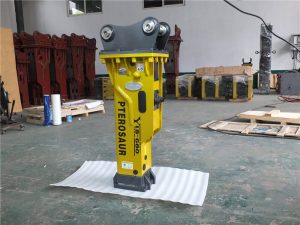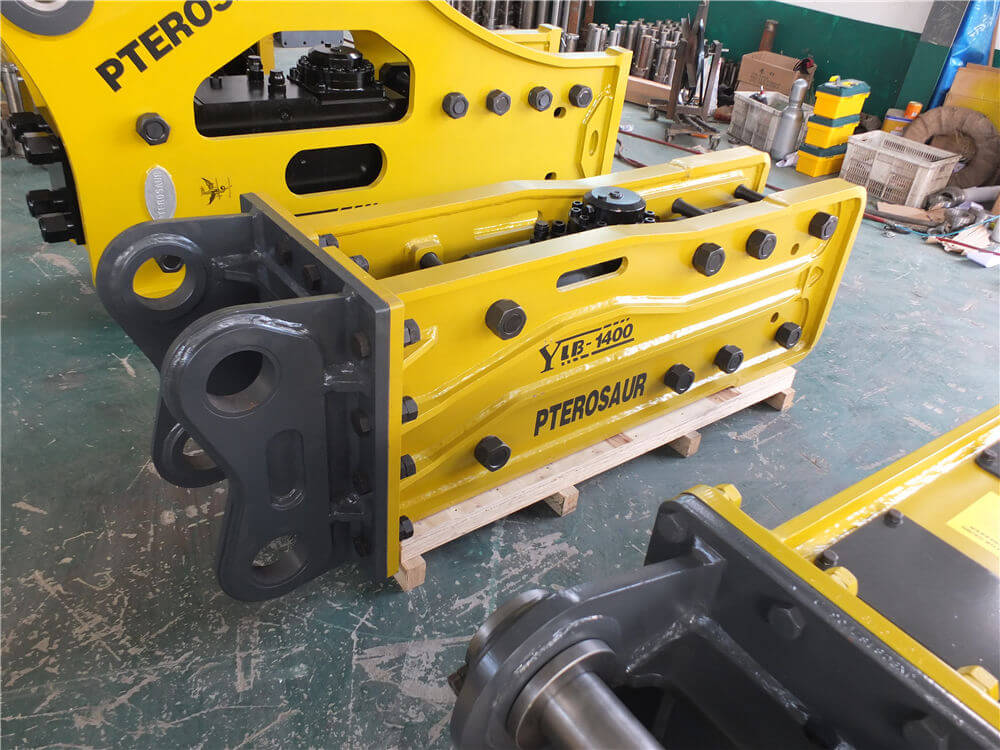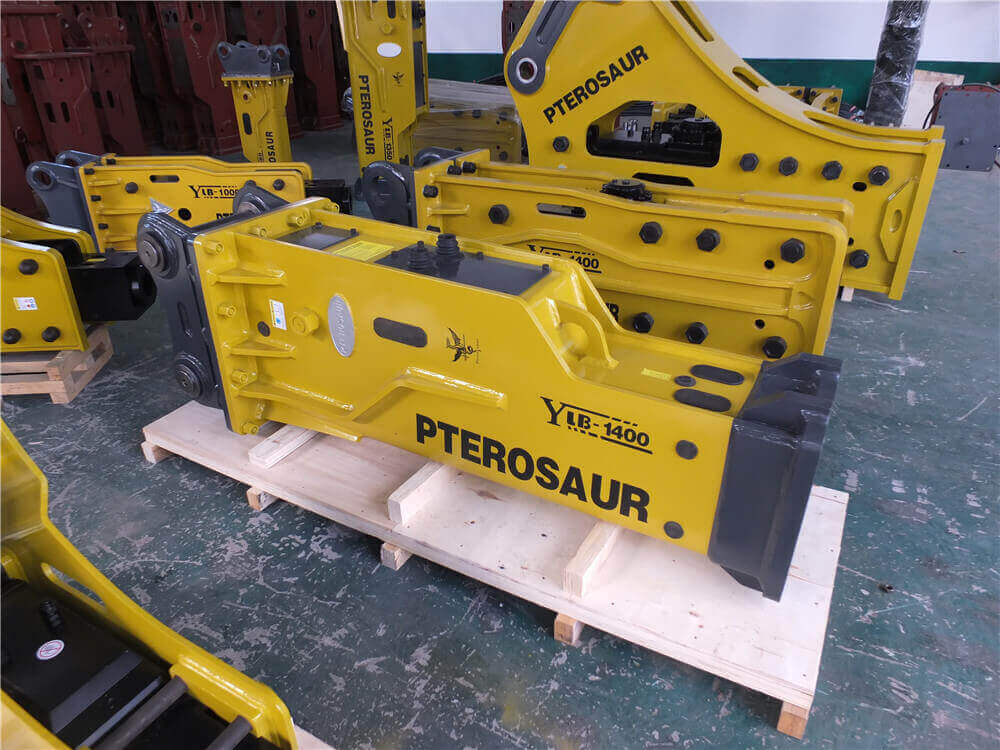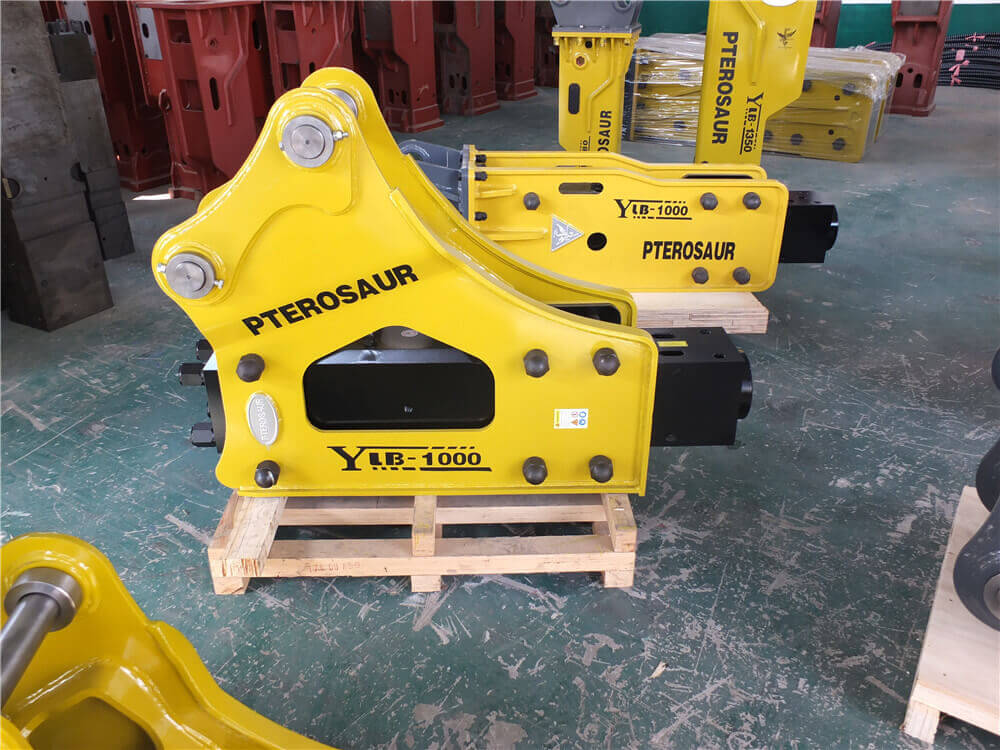Understanding Excavator Hammer Parts: A Comprehensive Guide
Excavators are essential equipment in construction and demolition projects, and their efficiency largely depends on the quality and functionality of their attachments, particularly hydraulic hammers. This article delves into the various components and types of excavator hammer parts, their manufacturers, and the importance of regular maintenance.
What are Excavator Hammers?
Excavator hammers, also known as hydraulic breakers, are powerful tools that use hydraulic energy to deliver impactful blows to break materials such as concrete, rock, and asphalt. These hammers are designed to maximize productivity while minimizing noise and vibration, making them invaluable in urban construction settings.
Key Components of Excavator Hammers
The primary parts of hydraulic hammers include:
- Pistons: These are critical for converting hydraulic energy into mechanical force.
- Bushings: These support the moving parts and reduce friction.
- Seal Kits: Essential for maintaining hydraulic fluid integrity, preventing leaks, and ensuring optimal performance.
- Accumulators: These store energy and help in smooth operation.
- Front Heads and Diaphragms: These components play a significant role in the hammer’s effectiveness and durability.
Leading Manufacturers of Excavator Hammer Parts
Several manufacturers specialize in producing high-quality excavator hammer parts. Notable ones include:
- Hammer Depot: Specializes in parts for NPK, Atlas Copco, and BTI Teledyne hydraulic hammers, providing a wide range of components including accumulators and seal kits.
- Epiroc: Known for their high-efficiency hydraulic breakers designed for various excavator models, offering low noise and vibration levels.
- RJB Hydraulic Hammers: Offers robust hydraulic hammers that deliver high production value.
- Trinity Hydraulic Hammer Service: Provides NPK hammer parts with a commitment to efficiency and reliability.
Importance of Regular Maintenance
Routine maintenance of excavator hammer parts is crucial. Regular checks help prevent costly repairs and extend the lifespan of the equipment. Key maintenance practices include:
- Inspecting and replacing worn-out components such as pistons and seals.
- Ensuring hydraulic fluid levels are adequate and free of contaminants.
- Conducting thorough cleaning of the hammer to remove debris that may hinder performance.
Conclusion
Excavator hammers are vital tools in construction and demolition, and understanding their components and maintenance needs is essential for maximizing their efficiency and longevity. Whether you are a contractor or an equipment operator, investing in high-quality parts and committing to regular maintenance will ensure your excavator hammer performs at its best, delivering the power and reliability you need for your projects.
For those looking to purchase parts or learn more about specific models, reputable suppliers like Hammer Depot and Epiroc offer a wealth of resources and product options to suit various excavator needs.




































